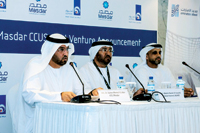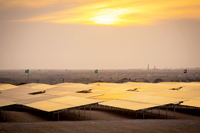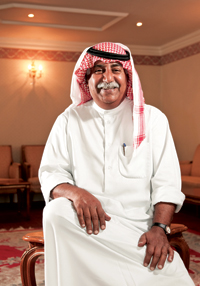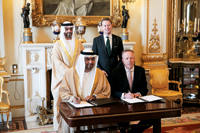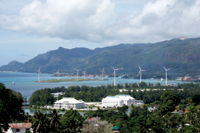
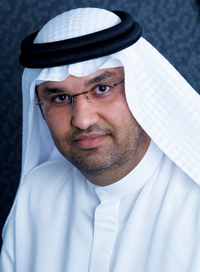 Dr Al Jaber ... UAE is a key contributor
Dr Al Jaber ... UAE is a key contributor
MASDAR, Abu Dhabi’s renewable energy company, says that the second edition of Abu Dhabi Sustainability Week (ADSW) will focus on the interconnected challenges and opportunities of sustainable growth, with particular focus on the energy-water nexus and sustainable waste management. ADSW and its participating conferences and exhibitions will take place in Abu Dhabi from January 18 to 24, 2014, and will be officially hosted by Masdar.
With the global population now exceeding seven billion, managing the world’s resources is critical for future generations. As one of the largest gatherings on sustainability in the world, ADSW is driving progress on energy, water and waste issues. The international platform offers an opportunity for public and private sector decision makers, investors and innovators to address sustainable development. It also encourages investments related to the adoption of renewable energy, efficient water technologies and waste management solutions.
As global energy and political leaders continue to debate effective avenues for sustainable growth, the need to harmonise the defining factors of sustainability – environmental, social and economic – remains at the heart of the discussion.
“Over the past year, sustainable growth has been at the top of the global agenda. By 2030, as many as five billion people will live in cities which will require us to efficiently manage resources, such as water, energy and waste,” says Dr Sultan Ahmed Al Jaber, chief executive officer of Masdar.
Water, energy and waste are at the core of the discussions at ADSW. The United Nations has estimated that half of the world’s global citizens could face water shortages by 2030, when demand for water could exceed supplies by 40 per cent. With only 3 per cent of the world’s water suitable for human needs, more solutions – which could open the doors for new innovations and businesses – are necessary to sustain a growing population.
Meanwhile, the world’s consumption of energy is set to increase 56 per cent by 2040, and countries must capitalise on all of their energy sources to create more balanced and resilient energy portfolios. In addition to water and energy, waste management has become a progressively important factor in sustainable growth, and is increasingly considered a path to additional economic opportunities. While some 3.5 billion people, half the world’s population, lack crucial waste management services, the global waste market, from collection to recycling, is estimated at $410 billion a year.
“Harmonising environmental, social and economic sustainability objectives are critical in supporting global development,” adds Dr Al Jaber. “The second edition of Abu Dhabi Sustainability Week will offer key business leaders and policy makers, thought leaders, scholars and influencers, the opportunity to address these issues and advance the deployment of innovative solutions.”






































































